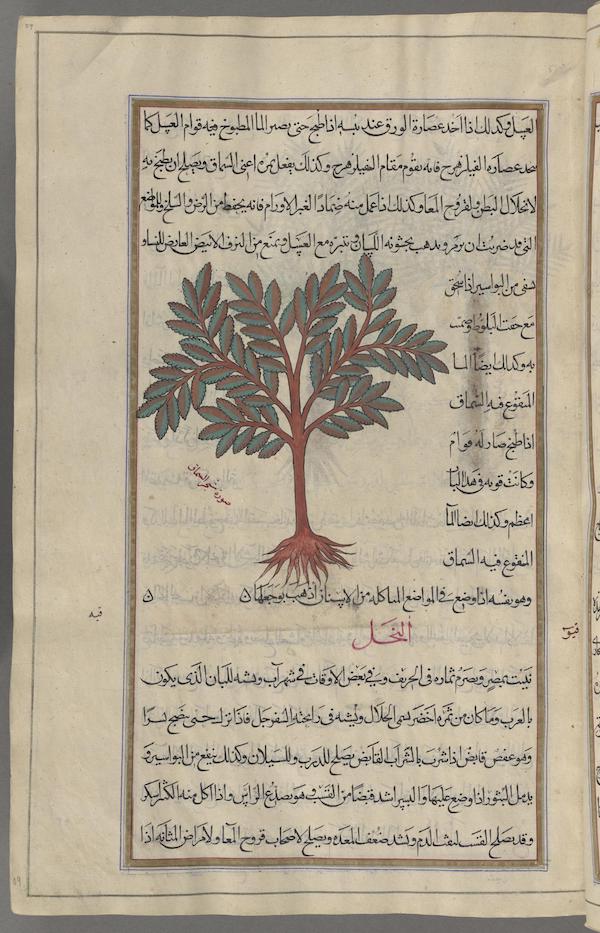
It’s felt like an eon since I’ve written here, but it’s only been two weeks.
In the last three weeks, more than 8,000 Palestinian people have been killed; over 3,000 of them were children. Phone and internet service in Gaza has been cut; fuel has run out; it is nearly impossible for aid to enter, and there are no safe routes for evacuation. The IDF has continued a near-constant onslaught of bombing, including the use of white phosphorus in civilian areas, which causes fourth and fifth degree burns, poisons and devastates the land, and is a direct violation of international humanitarian law. Palestinian journalists have been threatened and killed; their families have been targeted and killed. It is completely asymmetric warfare. It is genocide.
In the states, there have been waves of protests against the violence, calling for a ceasefire. I have heard my friends and communities express rage and sorrow, anguish and grief. The violence against the people of Gaza has been so intense, and so immediate, that there has barely been any time to mourn the lives lost in the Hamas attack. Activists packed Grand Central on Friday night in an action organized by Jewish Voice for Peace; 300 peaceful protesters, many of them Jewish, were arrested. On Saturday, Within Our Lifetime, a Palestinian-led community organization, gathered over 100,000 people in a march that shut down the Brooklyn Bridge. In photographs, the crowd stretches as far as the eye can see, waving Palestinian flags, holding up signs. When I joined the protest for a moment at the Brooklyn Museum, all I saw was people of all ages—young and elders, families with children—moving as one body, moving with purpose, moving with a hope and dream for liberation.
For we are all interconnected; we are not free until all of us are free. It is American money that is fueling this genocide; it is American taxes that are funding this violence. It is American weapons that are bombarding Gaza right now and American corporations that are reaping the profits of their sale. If you pay taxes in America, that money—your money—is going toward this war.
The only moral choice is to call for a ceasefire. There must be an end to the killing. We can do this by pressuring our representatives—daily, aggressively—to support the ceasefire resolution. We can do this by showing up in the ways we can, in the ways that feel best for us—by speaking with our friends, with our communities, with our families. By adding our presence, our numbers, to protests and demonstrations, acknowledging that some of us are at higher risk of retaliation than others. By making our stance known. And by holding, with each other and with ourselves, the grief that all this has entailed, the profound suffering that we must not ignore or avoid but heed as a call to action.

Walking down the trail near my house, I see that the sumac trees, with their pinnately compound leaves, pointed and graceful, have turned from green to red. It’s staghorn sumac that grows here, the fruits a matte burgundy, growing in clusters that point upward like little towers, or crowns. The season for it has passed, but you can gather sumac berries and grind them into powder, or steep them and strain them to make a kind of pink lemonade. Sumac is tart and beautiful, instantly recognizable—the spice, ground down, is a rich crimson red. It’s a spice often associated with Arab food, with meze and hummus and falafel and musakhan and za’atar. Seeing the sumac trees here, in the Northeast, I didn’t know that they were related. But the sumac here tastes like the sumac in Palestine, I am almost certain, and we are all of this earth. We are interdependent and interconnected.
I have appreciated being on an editorial calendar if only for this one thing—it makes me write, and it makes me acknowledge the platform I have in writing. I hope that you will call and email your representatives to ask for a ceasefire today, and the next day, and the day after that; I hope that you will also take some action that feels useful and healing and meaningful to you. I have appreciated the writing of many others in this moment, including this op-ed by Hala Alyan and this essay by Arielle Angel. Alexander Chee has put together a helpful reading list, and I really appreciated Charlotte Shane’s reflections on despair and self-care. I am holding this with you. Let us not turn away in fear or hopelessness, but gather ourselves to do what we can.
Till soon,
LP
You just read issue #9 of YIELD GUIDE. You can also browse the full archives of this newsletter.

Add a comment: